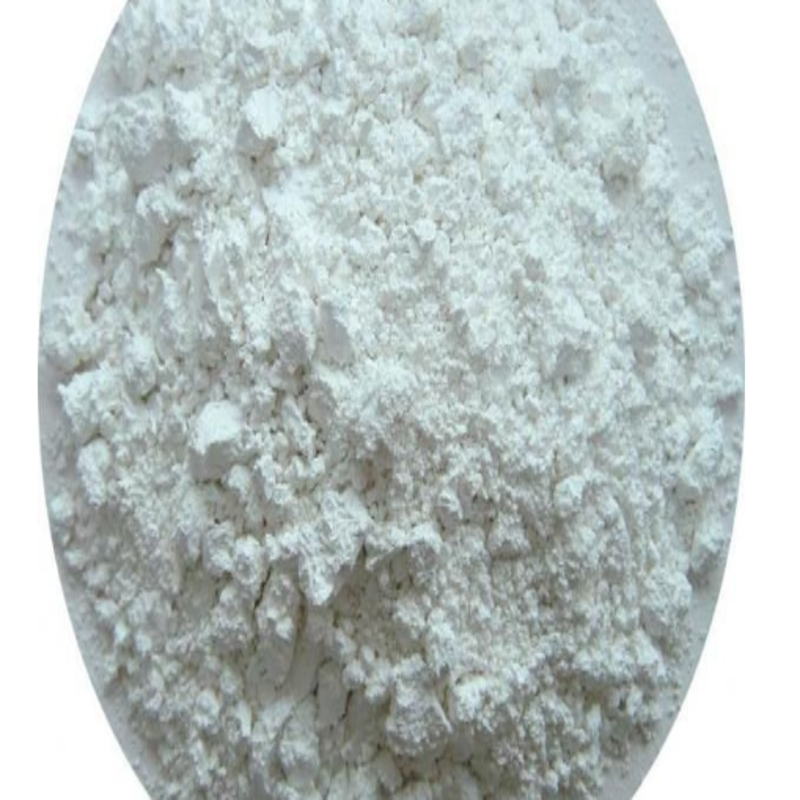Nat Chem: the first enzyme with catalytic activity developed by short amino acid peptides
-
Last Update: 2014-04-16
-
Source: Internet
-
Author: User
Search more information of high quality chemicals, good prices and reliable suppliers, visit
www.echemi.com
April 15, 2014 / BIOON / -- recently, researchers from Syracuse University successfully constructed active enzymes by using peptides with seven amino acid lengths, and relevant research results were published in the international journal Nature chemistry This research may bring revolutionary progress to the modern enzyme industry Of course, this research can also provide certain research clues for the treatment of human neurological diseases, such as Alzheimer's disease Because the main characteristic of Alzheimer's disease is the accumulation of amyloid protein in the brain of patients, the amyloid fibril is composed of protein and peptide, so it may be able to produce early life form earlier than the enzyme induced reaction Ivan v korendovych, a researcher, said that enzymes can fold into special three-dimensional structures, which can often lead to the formation of large-scale enzymes based on their obvious catalytic properties; our purpose is to prove that shorter peptides can also complete special conformational changes by forming amyloid fibrils This study is the first time for researchers to reveal that peptides can self assemble to form enzymes with catalytic activity, and researchers have shown that amyloid protein, which causes Alzheimer's disease, can also be used as a "blueprint" for the study of contemporary enzymes The structure of amyloid developed by researchers may be more complex than that of known amyloid There are 20 kinds of natural amino acids in nature, which make up many different kinds of proteins and help the metabolism of the body Although there are many enzymes, only a small part of them can function normally, according to the researchers Each kind of enzyme has its specific substrate, although after hundreds of years, nature is still testing all possible combinations of enzymes to determine whether there is any combination of enzymes that can catalyze metabolism reaction The results of this paper provide a certain research basis and clue for the development of self-assembled enzyme catalysts doi:10.1038/nchem.1894 Short peptides self-assemble to produce catalytic amyloids Caroline M Rufo, Yurii S Moroz, Olesia V Moroz, Jan Stöhr, Tyler A Smith, Xiaozhen Hu, William F DeGrado & Ivan V Korendovych Enzymes fold into unique three-dimensional structures, which underlie their remarkable catalytic properties The requirement to adopt a stable, folded conformation is likely to contribute to their relatively large size (>10,000 Da) However, much shorter peptides can achieve well-defined conformations through the formation of amyloid fibrils To test whether short amyloid-forming peptides might in fact be capable of enzyme-like catalysis, we designed a series of seven-residue peptides that act as Zn2+-dependent esterases Zn2+ helps stabilize the fibril formation, while also acting as a cofactor to catalyse acyl ester hydrolysis These results indicate that prion-like fibrils are able to not only catalyse their own formation, but they can also catalyse chemical reactions Thus, they might have served as intermediates in the evolution of modern-day enzymes These results also have implications for the design of self-assembling nanostructured catalysts including ones containing a variety of biological and non-biological metal ions.
This article is an English version of an article which is originally in the Chinese language on echemi.com and is provided for information purposes only.
This website makes no representation or warranty of any kind, either expressed or implied, as to the accuracy, completeness ownership or reliability of
the article or any translations thereof. If you have any concerns or complaints relating to the article, please send an email, providing a detailed
description of the concern or complaint, to
service@echemi.com. A staff member will contact you within 5 working days. Once verified, infringing content
will be removed immediately.







